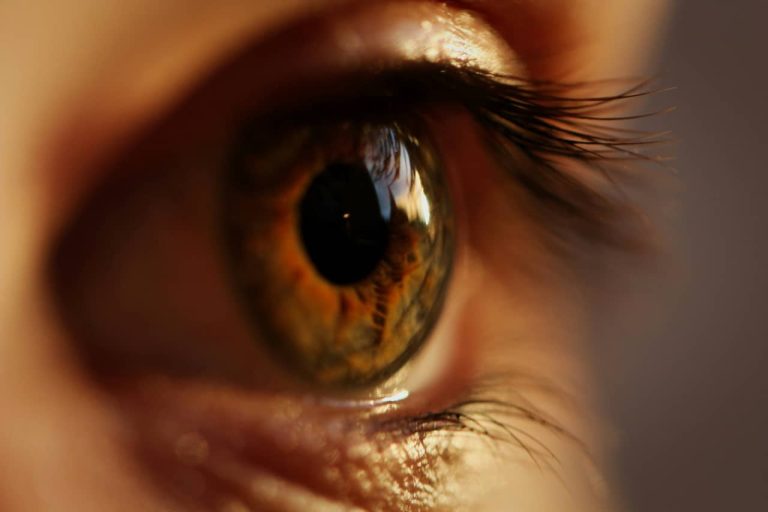Finding an addiction treatment program that is right for you can be a challenge in and of itself. There are a lot of factors to consider. For instance, do you want to focus on traditional and 12-step methods, or do you want more alternative and holistic methods of treatment? Should you go into an intensive outpatient program, or would you benefit more from a stricter inpatient program?
These are only a couple of factors to take into consideration when deciding to seek treatment, but what do you do when you are trying to help a loved one figure out those resources? How do you even begin to brace the subject with a loved one about their struggle with addiction and the need to seek help? Unfortunately, there is only so much one can do when trying to help a loved one entering into treatment, but offering your support can make a significant impact on your loved one’s long-term recovery.
Reading the Signs
The first step to supporting a loved one in recovery is being able to read the signs that indicate that one is struggling with addiction and approach them to seek help with good intentions, love, and compassion. The National Institute on Drug Abuse (NIDA), provides a list of questions that can be utilized to determine if someone you love is potentially struggling with addiction. Some of those questions include:
- Does the individual in question use substances more than intended or indicate they want to stop using but can’t?
- Are they experiencing intense urges and cravings for that substance?
- Do they fall short of fulfilling their professional or personal responsibilities?
- Do they continue using with full knowledge and understanding of the physical and mental ramifications that are being caused?
- Is the individual having to take more substances to experience the desired effect, and if they were to not use, have they developed withdrawal symptoms?
Being able to read the signs is the first crucial step. Knowing what to do with those observations is just as important. It is great if your loved one is openly aware that they have a problem and want to seek help.
Unfortunately, that is not always the case. In many instances, your loved one first has to recognize and accept that they have an issue, which can be the most difficult first step for them. Until they do recognize and accept their illness, all you can do is provide them with options, resources, and most importantly your support.
Approaching Your Loved One
Ideally, you should feel comfortable talking about almost anything with the people in your life that you love and care about most. Yet, conversations surrounding the topic of addiction can be continually difficult. There are many ways for you to best broach the conversation with loved ones struggling with addiction. The method you choose, though, is dependent on the severity of your loved one’s addiction.
For example, if somebody you care about is in danger of overdosing, has already overdosed in the past, or is quite literally on the brink of irrevocable damage due to substance use, staging an intervention may be necessary. In some cases, the problem gets so out of hand that people are forced into treatment by the pressures of their families or the courts.
Unfortunately, this is not necessarily conducive to a positive recovery, but it may be your only option. While interventions are sometimes necessary, getting the individual to choose recovery of their own accord will make all the difference in the long-term of their recovery.
For individuals who are openly aware that they have a problem and need help, the conversation will likely go very differently. There may still be some persuasion needed, but that persuasion comes from a different place. Loved ones may be fearful of entering into treatment due to the dangers of withdrawal, detoxes, or even fear of the unknown if it is their first time seeking treatment.
In those instances, it is your job as the supportive loved one to tap into your more empathetic side and show that they will not have to go through it alone. It can be difficult at times to find the right words to say, but more often than not, just knowing someone’s there for them is all that person needs.
Taking Care of Yourself
There are many resources that can help the loved ones of those struggling with addiction. This includes support groups for family members of people suffering from addiction. Addiction takes a toll on everyone involved. As a member of a support team, you too must take care of your own mental and physical health.
If you are trying to support a loved one on the adventure to recovery, doing your research may help them to decide which treatment program is best for them. At The Ohana Addiction Treatment Center, we offer an array of holistic and evidence-based treatments with comfort and luxury. We will provide the time and space needed for them to heal, reconnect their mind with their body, and let you both get back to living life by each other’s side.
When helping loved ones suffering from addiction find and enter into treatment and recovery, it’s important to keep in mind the mantra of, you can lead a horse to water, but you can’t make it drink. You can provide someone with all the research, resources, and options available to them for addiction recovery, but you can’t force them into recovery at least not productively. Recovery is best maintained when someone accepts their illness and willingly decides they want to make a change in their life. Being a part of their support system can be trying, but in many cases, the best thing you can do is make it known that you are there and you want to help. If someone you love is struggling to find a treatment program that’s right for them, encourage them to reach out at (877) 6-OHANA-2 today. Our evidence-based treatment and holistic approaches to recovery can help them embark on their recovery adventure today.













